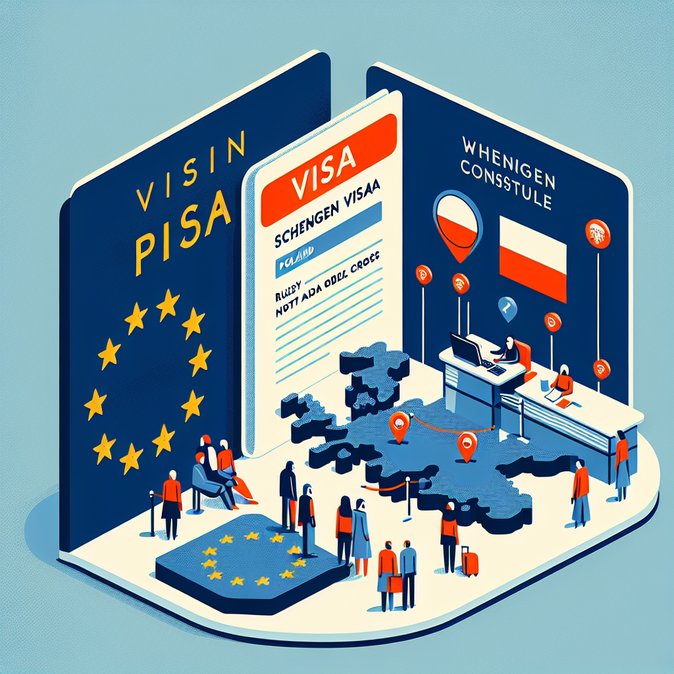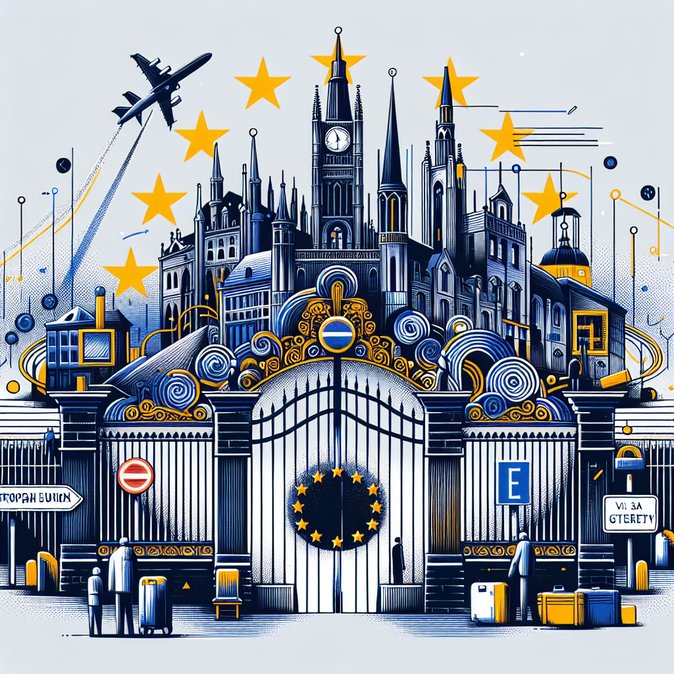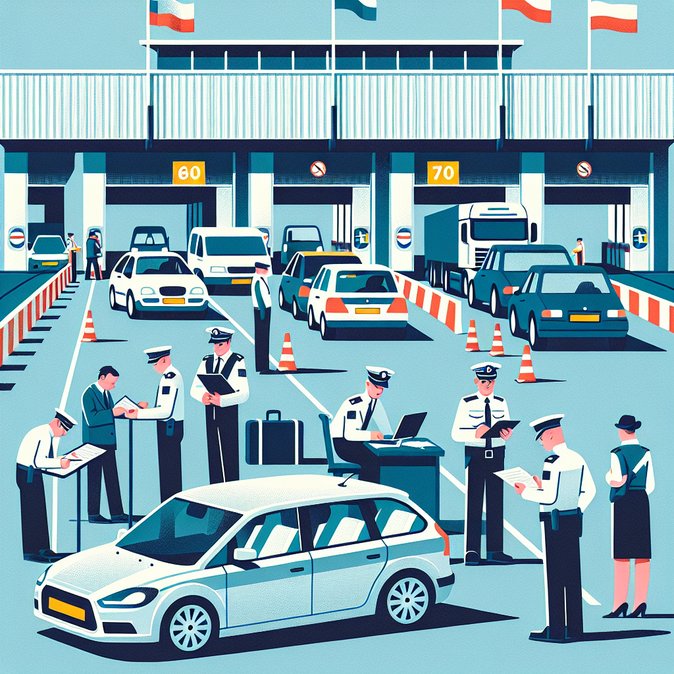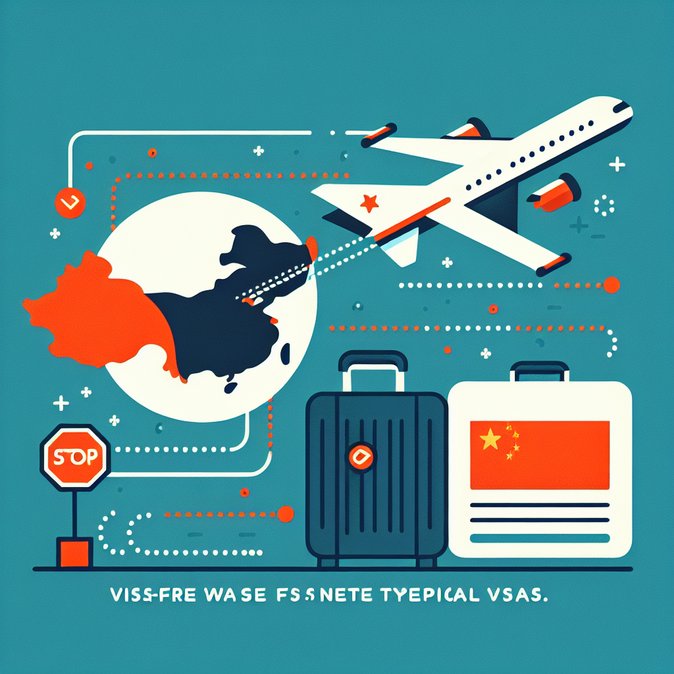
The European Union has imposed a blanket ban on issuing multi-entry Schengen visas to Russian citizens, a move framed as a security measure following alleged cyber-sabotage incidents. The policy, published in the EU Official Journal on 11 November, was highlighted in an opinion analysis by The Moscow Times the same day.
Why Poland cares: Polish consulates in Kaliningrad, Moscow and St Petersburg processed more than 87,000 Russian visa applications in 2024, according to Polish MFA statistics. Under the new rules they must now cap visas at single-entry, short-stay validity, lengthening queues and potentially fuelling retaliatory measures by Moscow that could affect Polish businesses operating in Russia.
![EU Bans Multi-Entry Schengen Visas for Russians—Implications for Poland’s Consular Network]()
Operational changes:
• Consulates will adjust IT systems to reflect the new “single-entry only” parameter and may recall unused multi-entry stickers.
• Frequent Russian visitors—students, truck drivers and family members of Polish residents—will need to apply for new visas each trip, increasing administrative burden.
• Polish tour operators specialising in Masuria-Kaliningrad weekend packages expect cancellations as processing fees rise.
Security vs. economy: Warsaw has long advocated tougher visa rules for Russia, arguing that loopholes enable intelligence operations. Polish hospitality and retail sectors near the border, however, fear revenue loss after already suffering from pandemic-related closures.
Next steps: The ban will be reviewed after six months. Companies with Russian clientele should diversify markets and prepare for possible further tightening, including transit-ban scenarios similar to Latvia’s 2024 measures.
Why Poland cares: Polish consulates in Kaliningrad, Moscow and St Petersburg processed more than 87,000 Russian visa applications in 2024, according to Polish MFA statistics. Under the new rules they must now cap visas at single-entry, short-stay validity, lengthening queues and potentially fuelling retaliatory measures by Moscow that could affect Polish businesses operating in Russia.

Operational changes:
• Consulates will adjust IT systems to reflect the new “single-entry only” parameter and may recall unused multi-entry stickers.
• Frequent Russian visitors—students, truck drivers and family members of Polish residents—will need to apply for new visas each trip, increasing administrative burden.
• Polish tour operators specialising in Masuria-Kaliningrad weekend packages expect cancellations as processing fees rise.
Security vs. economy: Warsaw has long advocated tougher visa rules for Russia, arguing that loopholes enable intelligence operations. Polish hospitality and retail sectors near the border, however, fear revenue loss after already suffering from pandemic-related closures.
Next steps: The ban will be reviewed after six months. Companies with Russian clientele should diversify markets and prepare for possible further tightening, including transit-ban scenarios similar to Latvia’s 2024 measures.


